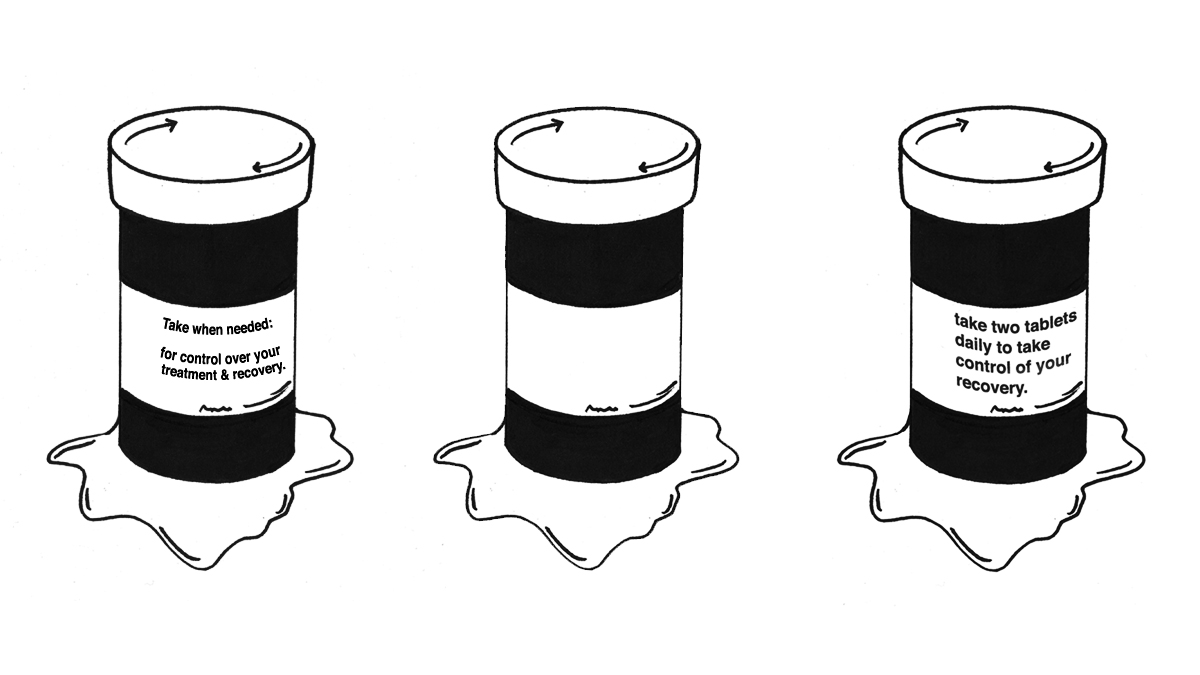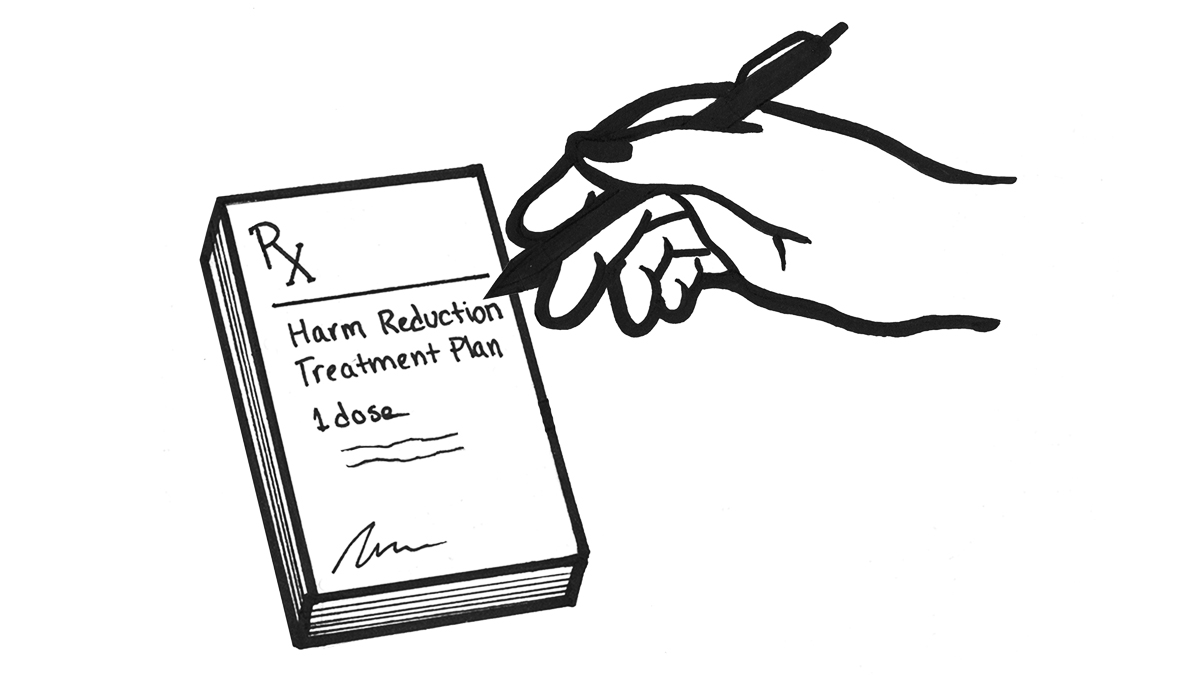 Rebecca Cormier
Rebecca CormierBack in September, Health Canada made a decision that makes it possible for physicians to prescribe heroin to opioid addicts. Through this new policy, patients for whom other harm reduction treatments have failed can be exceptionally prescribed the drug — a potentially life-saving intervention, especially in the midst of Alberta’s fentanyl epidemic. Such treatment plans have years of research backing them, but this doesn’t mean that they are without their detractors. For one, our last government had a strong stance against these “harm reduction” treatments — a position that seemed to come from a misunderstanding of addiction in general.
Most people won’t disagree that drug addiction is pretty damn shitty. That said, despite recent calls for a better understanding of drug use disorder, many Canadians still view addiction as a matter of poor willpower and moral weakness. Such an opinion is not only ridiculous but also dangerous to addicts and to society in general. To really start to understand addiction and how we are to deal with it, then, three basic propositions need to be entertained: that addiction is a mental illness, that it is a social responsibility to acknowledge it as such, and that addiction therefore needs to be treated through public medical care.
The Diagnostic and Statistical Manual of Mental Disorders (DSM V) describes substance use disorders as “a cluster of cognitive, behavioural, and physiological symptoms (that results in) using the substance despite significant substance-related problems,” often caused by “an underlying change in brain circuits that may persist beyond detoxification.” In other words, drug addiction is a very real illness that screws up the way you think, act, and feel on a biochemical level, even once you stop using the drug. But like any other illness, it has risk factors, causes, prognoses, and, thankfully, treatment plans.
Because of the profound effect of addictive substances on the mind’s circuitry, the only place where you could conceivably lay blame on addicts for their condition is their trying the drug in the first place, and that’s kind of absurd. There are scores of factors that account for initial drug use, very few of which actually involve willpower or, good God, morality. Environmental risk factors such as poverty, friend groups, family life, and little formal support from institutions such as schools all can contribute to drug use.
Many of these are macro-social problems — failings that are engrained into the institutions and social structures that surround us — and in that way, they are a product, however indirectly, of the actors in those structures. That means that we are, as components of a society that can produce drug addiction in the first place, complicit in creating the risk factors that lead to addiction. The onus for combatting addiction’s roots, then, is not on the individual but on all of us. This doesn’t just refer to relatively small-scale policy changes like Health Canada’s heroin decision but also to considerations of how our way of life, especially economically, contributes to the rise of illnesses both within and without our immediate social circles.

But our social responsibility toward addiction and mental illness in general doesn’t just end with its prevention. On a less abstractly institutional level, drug addiction — and especially the fentanyl crisis plaguing Alberta today — has an extremely heavy “burden of disease.” That is to say that if we do not publicly fund its treatment, serious and very concrete socioeconomic ramifications will follow.
Economically, ignoring addiction as an illness means continued needle-stick transmission of Hep-C and HIV, swamped publicly-funded homeless shelters, overdoses, ER visits, and, you know, the literal cost of death. Socially, you only need to ask an Albertan to hear about a friend of a friend’s family mourning a child lost to fentanyl, the struggle of entire Aboriginal communities against a drug that kills several times a week, and the seas of homeless on Vancouver’s East Hastings Street. Drug addiction’s treatment can and does lead to gains in all those cases, and also increases your safety by reducing petty crime and drug-related murders.
In the end, we fund the medical treatment of addiction for the same reason that we fund every other medical treatment: it’s an illness whose effects do not exist in an individualistic vacuum. To ignore or dismiss addiction’s status as such, then, is dangerous. It has a profound socioeconomic impact, grossly disrespects those battling with addiction, and moves them further and further from a solution. Addiction’s medical treatment is also then part of a larger approach to mental illness that deems the treatment of such conditions a social obligation — something that must be done today if we are to hope for a healthier society tomorrow.




